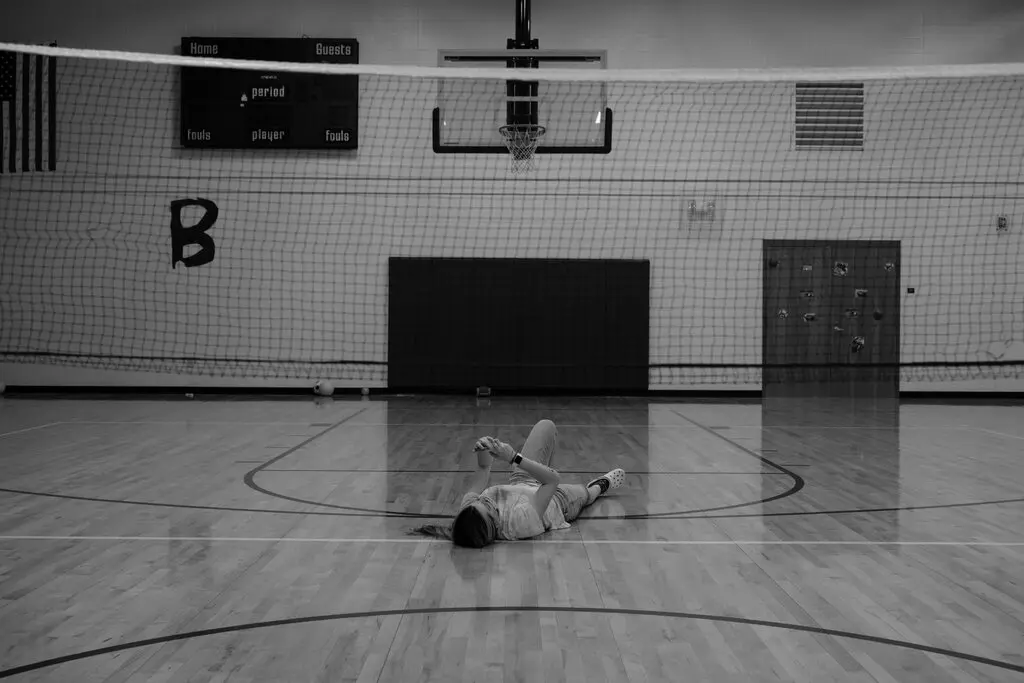In December, the U.S. surgeon general warned of a “devastating” mental health crisis among young people. He cited rates of anxiety and depression that started climbing even before the coronavirus pandemic, then skyrocketed during it.
Have you seen this mental health crisis firsthand? Is it something you talk about with your peers? Has it affected you or your friends?
From your perspective, what should adults know about the threats to mental health that teenagers are experiencing right now? What should they do about them?
In “How to Help Teens Struggling With Mental Health,” Matt Richtel provides some ideas for how adults can support teenagers’ mental health:
Health risks in adolescence are undergoing a major shift. Three decades ago, the biggest health threats to teenagers were binge drinking, drunken driving, teenage pregnancy, cigarettes and illicit drugs. Today, they are anxiety, depression, suicide, self-harm and other serious mental health disorders.
From 2001 to 2019, the suicide rate for American youngsters from ages 10 to 19 jumped 40 percent, and emergency room visits for self-harm rose 88 percent.
Managing a mental health crisis can be challenging for teenagers and their parents. It is often unchartered territory that needs to be navigated with the utmost sensitivity. The guidance below may help.
The article describes the signs of an adolescent who may be struggling with anxiety or depression:
Anxiety and depression are different but can share some indicators. First, look for some key changes in a youth’s behavior, such as disinterest in eating or participating in social activities previously enjoyed, altered sleep patterns or withdrawal from other aspects of life. It’s tricky; these behaviors can sometimes be normal teenage angst. However, a teenager in distress may express excessive worry, hopelessness or profound sadness, particularly for long periods of time.
Whether a teenager is dealing with angst or a clinical problem “is the 64 jillion dollar question,” said Stephen Hinshaw, an expert in teenage mental health issues at the University of California, Berkeley.
It goes on to give guidance for how to start a conversation with a teenager about mental health:
The counsel from experts is resounding: Be clear and direct and don’t shy from hard questions, but also approach these issues with compassion and not blame. Challenging as it may seem to talk about these issues, young people often are desperate to be heard. At the same time, talking to a parent can feel hard.
“Be gentle, be curious, and, over time, be persistent but not insistent,” Dr. Hinshaw explained. “Shame and stigma are a huge part of the equation here, and if you are outraged and judgmental, be prepared for a shutdown.”
“A good number” of teenagers “are practically begging you — without telling you so directly — to stay concerned and loving and to keep open a dialogue,” Dr. Hinshaw said.
Students, read the entire article, then tell us:
- This article begins with statistics indicating that teenagers in the United States are experiencing a mental health crisis. Is this something you have observed in your own life or among your peers?
- Why do you think teenagers may be struggling with mental health right now? Do you think factors like the pandemic or the rise of social media have made a difference? Are there other factors you think we should be paying attention to?
- What do you think of the advice this article offers for how to support teenagers experiencing anxiety or depression? Is this advice in line with how you and your friends support one another? Is there anything you would add?
- How do you cope with anxiety, stress and other challenges? What practices or habits help improve your mental health?
- What do you think adults in power, like politicians and school administrators, should do to address the mental health crisis among young people? What changes would make a difference in your own life?
If you are having thoughts of suicide, call the National Suicide Prevention Lifeline at 800-273-8255 (TALK), call 911, go to the emergency room, get help from an adult or go to speakingofsuicide.com/resources for a list of additional resources. Go here for resources outside the United States.
By Callie Holtermann. nytimes.com




